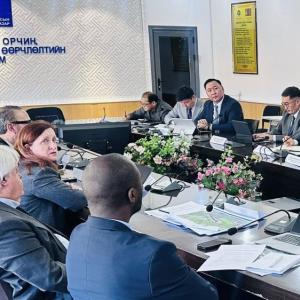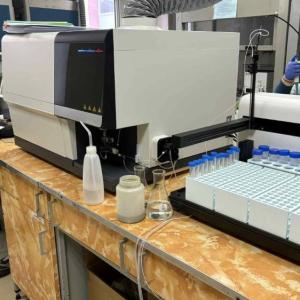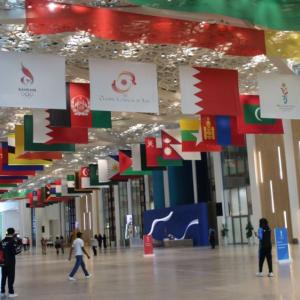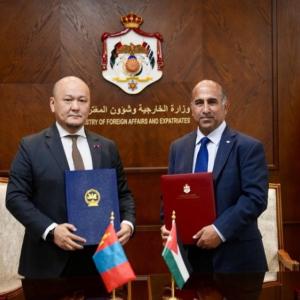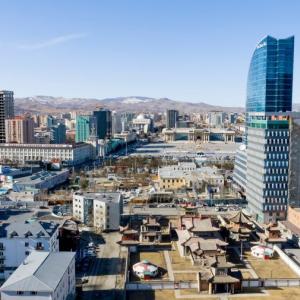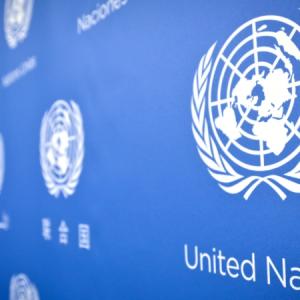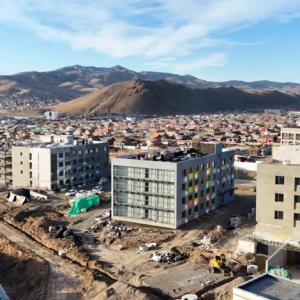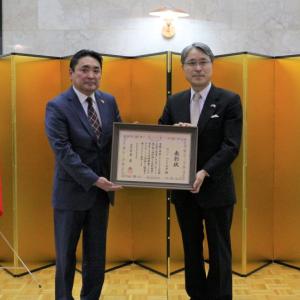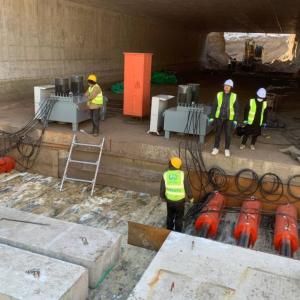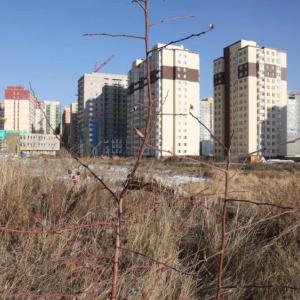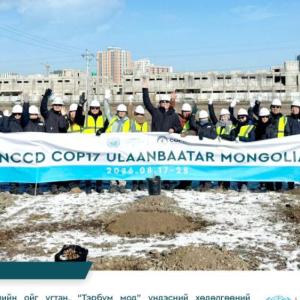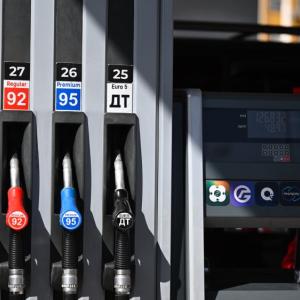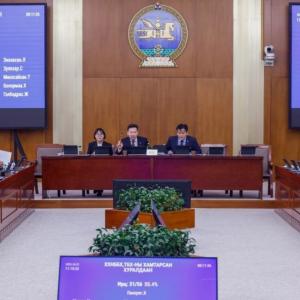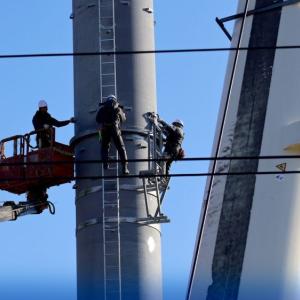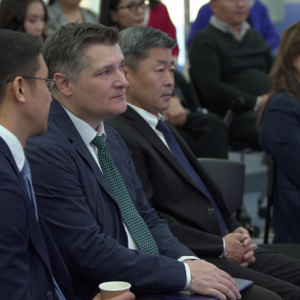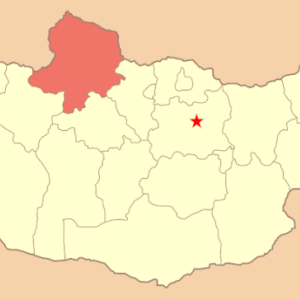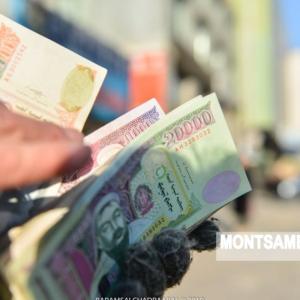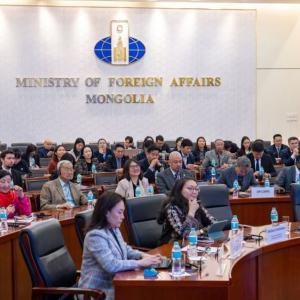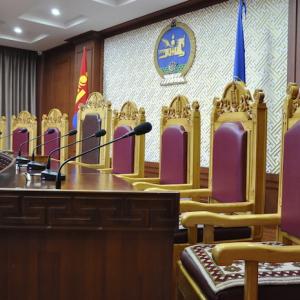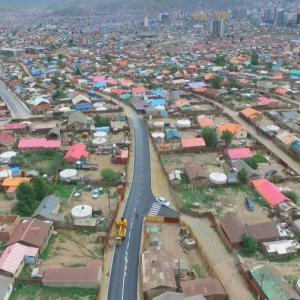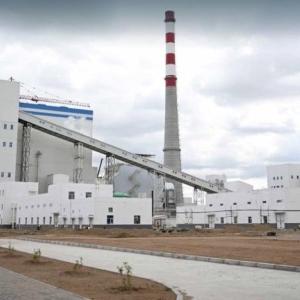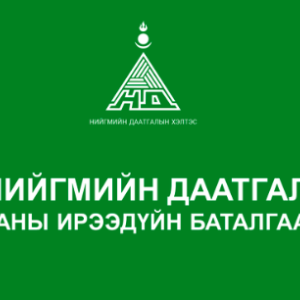ADB: Mongolia’s Growth Moderates amid Global Uncertainties
EconomyUlaanbaatar /MONTSAME/ Growth is slowing across much of developing Asia as a result of the continued weak recovery in major industrial economies and softer growth for the People’s Republic of China (PRC). This will combine to push growth in developing Asia for 2015 and 2016 below previous projections, says a new Asian Development Bank (ADB) report.
ADB’s flagship annual economic publication, Asian Development Outlook (ADO) 2016, forecasts gross domestic product (GDP) growth of 5.7% in 2016 and 2017 for the region. In 2015, GDP growth was 5.9%.
For Mongolia, growth will stagnate at 0.1% in 2016 and 0.5% in 2017, reflecting the regional and global trend, as well as the decline in mining production. Mounting balance of payments pressures and debt management will require tight fiscal and monetary policies.
“Consistent fiscal policy, effective continuing efforts to diversify the economy, and ensuring social protection, are important challenges of economic management in Mongolia,” said Ayumi Konishi, Director General of ADB’s East Asia Department. “In this light, the decline in the country’s consolidated deficit from 11.4% of GDP in 2014 to 7.9% in 2015 is a commendable achievement, although further steps are needed.
"Industrial economies’ growth will stay at 1.8% in 2016, before inching up to 1.9% in 2017. Growth continues to moderate in the PRC—the world’s second largest economy—as exports slow, labor supply falls, and supply-side reforms reshape the economy toward more domestic consumption and a further reduction in excess industrial capacity. Output will increase 6.5% in 2016, down from the 6.9% increase in 2015, but within the government’s growth target. In 2017, growth will slow to 6.3%. Due to its outsized linkages, estimates suggest the drag from the growth moderation in the PRC may be as much as 0.3 percentage points across the region.
"Potential interest rate hikes by the US Federal Reserve combined with broader weakness of emerging markets mean that risks to the regional growth forecast remain tilted to the downside. Heightened investor risk aversion, intensified global financial market volatility, and a sharper-than-forecast growth slowdown in the PRC would further weaken the global outlook and directly hurt regional exports and growth. Tepid oil and commodity prices will continue to dampen the prospects of Asia’s commodity-dependent economies.
"ADB, based in Manila, is dedicated to reducing poverty in Asia and the Pacific through inclusive economic growth, environmentally sustainable growth, and regional integration. Established in 1966, it is owned by 67 members – 48 from the region."
 Ulaanbaatar
Ulaanbaatar





